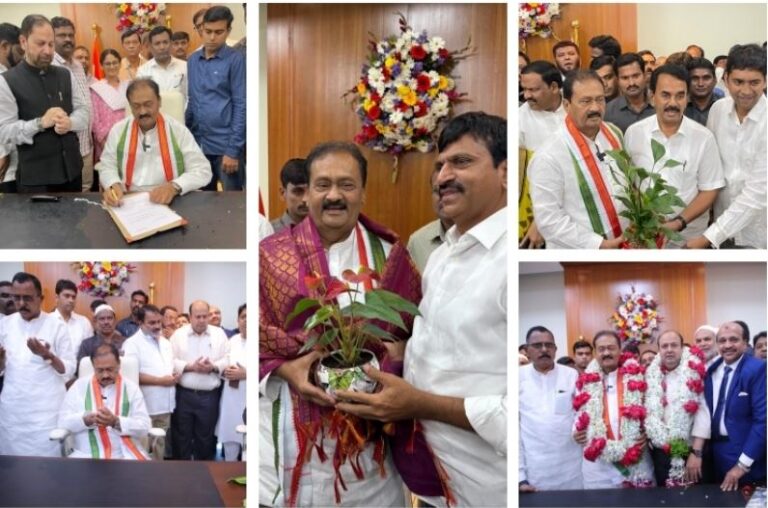• The unit will have processing lines for chilli,turmeric and blended spices, with an annual capacity of 20,400 MT of spices
• The plant will be equipped with end-to-end processing needs, including storage, cleaning, processing, sterilization, packing, and quality testing. The infrastructure is compliant to Global Food Safety Export Guidelines
• It will manufacture and export a wide range of products and anchor inclusive spices value chains to empower thousands of Indian farmers
Palnadu, 11 November 2022: Indian Multi-business conglomerate ITC Limited today launched its internationally benchmarked spices plant in Palnadu, Andhra Pradesh. The plant was inaugurated by the Hon’ble Chief Minister, Government of Andhra Pradesh, Shri YS Jagan Mohan Reddy. Mr Sanjiv Puri, Chairman, ITC Limited and other eminent dignitaries were present on the occasion.
The state-of-the-art mega facility will have processing lines for turmeric, chilli, and blended spices, with an annual capacity of 20,400 MT of spices. It will have the capability to produce over 15organic spices and will boost ITC’s food exports globally. The target global markets are Europe, the US, Canada, Australia, China, among other countries.
The world-class ‘Make in India’ plantwill cater to all processing needs, including storage, cleaning, processing, sterilization, packing, quality testing, leading to an end-to-end custody of quality assurance. The unit will also anchor a sustainable spices value chain that will extend support to farmers through a robust crop development programme ensuring traceability. More than 5,500 farmer families andover 2,200 livelihoods will be supported across the value chain. The facility will be powered by high-tech energy efficient equipment and will have rooftop solar panels to ensure clean energy consumption. A majority of workforce at the unit will include women.
Commenting on the launch of this Facility in Andhra Pradesh, Mr Sanjiv Puri, Chairman ITC Limited said “ In line with our commitment to strengthen our footprint across the 3 sectors of the State’s economy- agriculture, manufacturing and services, we have invested in setting up a world-class export-oriented spices facility in Palnadu that will offer the finest quality of spices to the world conforming to global food safety export norms, whilst anchoring local agri-value chains. We are indeed delighted that the Unit will also be a flag-bearer of sustainability and inclusion owing to its 360 degree initiatives that will support enhanced farmer incomes, foster women empowerment, support large-scale livelihoods as well as promote extensive use of renewable energy. Aligned to the Hon’ble Chief Minister’s vision of achieving rapid socio-economic transformation, we have undertaken multi-dimensional initiatives in Andhra Pradesh including a partnership with the Department of Horticulture to transform the State into a global cluster for chill sourcing, besides expanding our footprint of manufacturing and hospitality assets as well as our large- scale social investment programmes”.
ITC, which has a century-old association with Andhra Pradesh, has been expanding its presence across the three key sectors of the state’s economy — agriculture, manufacturing, and services. The company’s extensive Agri-Business presence in the State spans a range of sustainable value chains encompassing spices, rice, aqua, fruits, pulpwood, among others.
ITC’s manufacturing footprint in Andhra Pradesh has been strengthened over the years with over 18 units, including its own facilities and those where the company has promoted local entrepreneurship. ITC has also set up a 5star property, Welcomhotel Guntur with a rich repertoire of world-class hospitality offerings. This flagship hotel is the first LEED Platinum certified hotel in Andhra Pradesh and is amongst the first 8 hotels in the world to be LEED Zero Carbon certified.
The Company also partners with local communities in the state through its social investment programmes that include large-scale forestry, water stewardship, climate smart agriculture, biodiversity conservation, primary education, vocation training, solid waste management and sanitation, among others.






